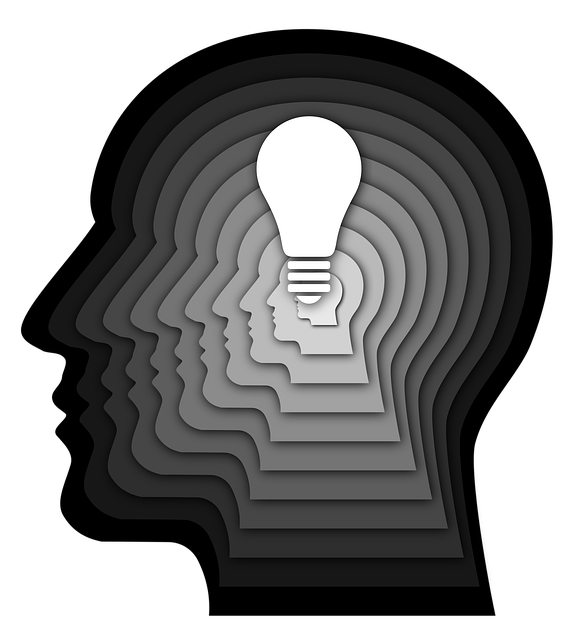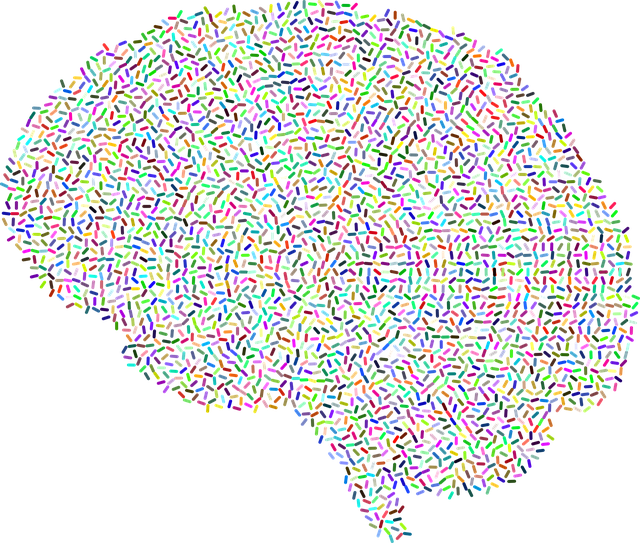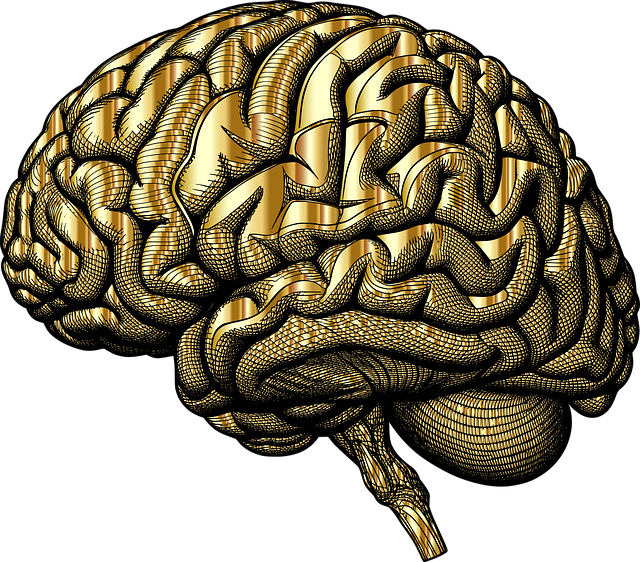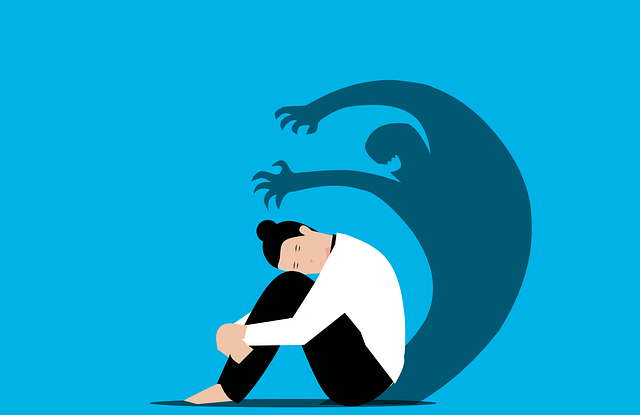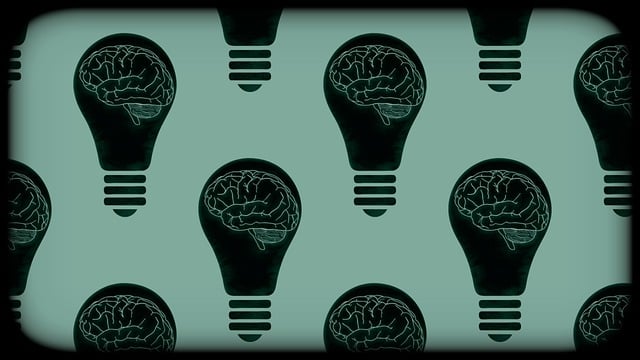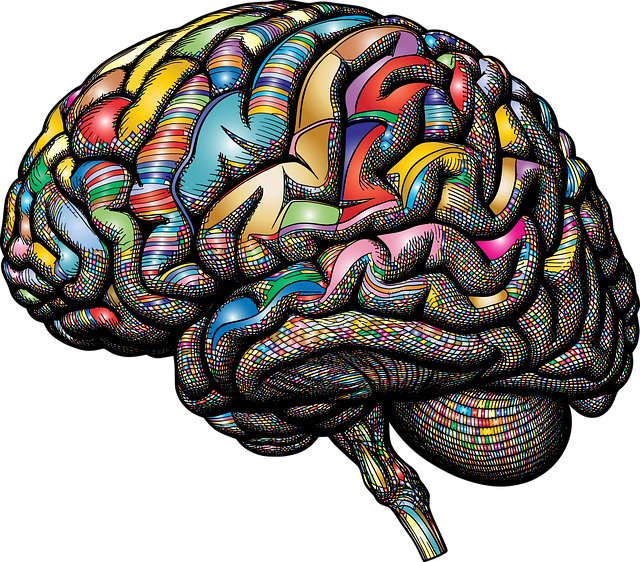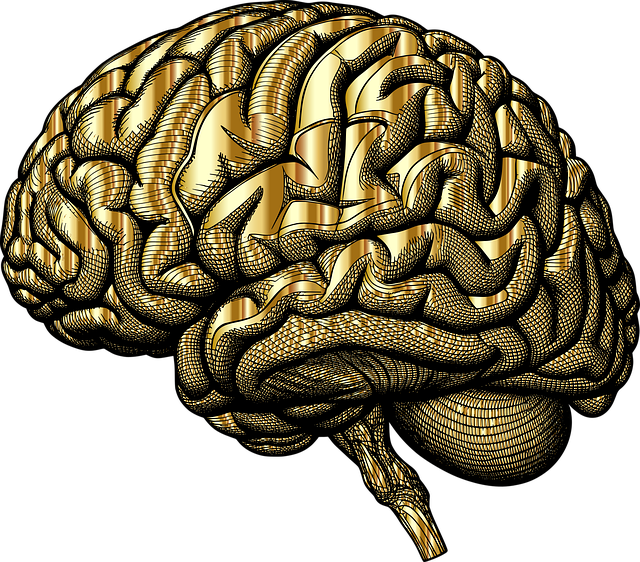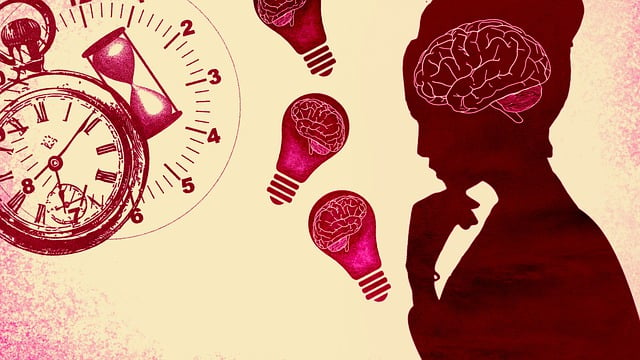Denver Learning Disability Therapy emphasizes self-care as a vital component of mental wellness, offering personalized strategies for stress management, mood improvement, and mindset transformation. Through therapy, clients learn to identify triggers, set boundaries, and develop tailored self-care routines. The program combines emotional intelligence development, physical activity, mindful nutrition, and conflict resolution techniques to enhance resilience and overall well-being, particularly for individuals with learning disabilities. This holistic approach equips folks with coping mechanisms, inner strength, and mental health management skills to navigate challenges and lead more fulfilling lives.
Self-care is a powerful tool for enhancing well-being, especially in navigating life’s challenges. In the context of Denver Learning Disability Therapy, understanding and prioritizing self-care practices can significantly impact personal growth and overall mental health. This article explores various strategies to improve self-care routines, covering topics from recognizing individual needs to incorporating physical wellness and building resilience. By implementing these practices, individuals can create a solid foundation for a healthier, more fulfilling life.
- Understanding Self-Care: The Foundation for Well-being
- Identifying Personal Needs and Boundaries in Denver Learning Disability Therapy
- Strategies for Stress Management and Mental Health Support
- Incorporating Physical Activity and Nutrition for Holistic Self-Care
- Building Resiliency and Overcoming Barriers to Consistent Practice
Understanding Self-Care: The Foundation for Well-being

In the heart of well-being lies a profound understanding of self-care, an essential practice that empowers individuals to navigate life’s challenges with resilience and balance. At Denver Learning Disability Therapy, we recognize that self-care is not merely a luxury but a fundamental pillar supporting mental wellness. It involves attending to our physical, emotional, psychological, and spiritual needs, fostering a sense of nurturing and respect for ourselves. By prioritizing self-care, individuals can enhance their ability to manage stress, improve their overall mood, and cultivate a deeper connection with their inner selves.
This proactive approach extends beyond momentary relaxation; it’s about cultivating sustainable self-care practices that promote long-term mental wellness. Our Mental Wellness Coaching Programs Development offers guidance tailored to individual needs, helping folks discover personalized strategies for managing stress, improving self-esteem, and fostering a positive mindset. Through this process, individuals gain the tools they need to overcome crises (Crisis Intervention Guidance) and build resilience, ultimately leading to a more fulfilling and balanced life.
Identifying Personal Needs and Boundaries in Denver Learning Disability Therapy

In Denver Learning Disability Therapy, identifying personal needs and boundaries is a foundational step toward enhancing one’s well-being. This process involves understanding what brings stress and discomfort, as well as recognizing when and how to set limits in various aspects of life, from academic pressures to social interactions. By acknowledging these factors, individuals can start to develop more effective coping mechanisms and strategies for stress management and mood management.
Through personalized therapy sessions, clients learn to recognize the signs of exhaustion or emotional overload, enabling them to establish a self-care routine development that supports better mental health. This may include setting realistic goals, prioritizing tasks, and engaging in activities that promote relaxation and rejuvenation. By embracing these practices, individuals not only improve their ability to navigate challenges but also cultivate a deeper sense of self-awareness and resilience.
Strategies for Stress Management and Mental Health Support

Managing stress and prioritizing mental health are integral aspects of self-care. For individuals with learning disabilities, navigating these challenges can be particularly unique. Denver Learning Disability Therapy offers valuable strategies to combat stress and foster resilience. One key approach is developing emotional intelligence, which involves recognizing and managing one’s emotions effectively. This skill enables individuals to understand their triggers, regulate responses, and cultivate a sense of calm amidst stressful situations.
Additionally, inner strength development plays a pivotal role in mental well-being. Encouraging self-compassion, positive self-talk, and building confidence can empower individuals to face challenges head-on. Communication strategies are also essential; learning assertiveness and expressing needs clearly can help manage stress in interpersonal interactions. These techniques, combined with professional guidance, can significantly improve overall mental health and well-being.
Incorporating Physical Activity and Nutrition for Holistic Self-Care

Incorporating regular physical activity and mindful nutrition is a powerful way to enhance self-care practices, promoting both mental and physical well-being. For individuals seeking holistic improvement, Denver Learning Disability Therapy offers valuable insights into this approach. Engaging in physical exercise not only improves cardiovascular health but also boosts mood and reduces symptoms of anxiety. It can be as simple as taking a brisk walk each day or joining a local fitness class, tailored to suit individual preferences and abilities.
Nutrition plays a critical role in building inner strength and resilience. A balanced diet, rich in whole foods, supports optimal brain function and emotional stability. By fueling your body with nutritious options, you can improve concentration, enhance mood, and reduce feelings of stress. Incorporating conflict resolution techniques and mindfulness practices alongside this physical and nutritional foundation can further strengthen one’s ability to manage challenges and foster a sense of calm and inner strength.
Building Resiliency and Overcoming Barriers to Consistent Practice

Building resiliency is a key aspect of improving self-care practices and fostering long-term well-being. Resiliency allows individuals to adapt and bounce back from challenges, ensuring they can navigate life’s ups and downs with greater ease. Through Denver Learning Disability Therapy, individuals learn valuable coping strategies and develop an inner strength that enables them to overcome obstacles. This process involves recognizing personal strengths, cultivating positive self-talk, and implementing effective stress management techniques. By embracing a growth mindset, people can transform setbacks into opportunities for learning and personal development.
Overcoming barriers to consistent practice is essential for maintaining healthy habits. Cultural sensitivity in mental healthcare play a significant role here. Understanding diverse cultural backgrounds and beliefs allows therapists to tailor their approach, ensuring every client receives personalized care. The Mental Health Education Programs Design can equip individuals with the knowledge and skills needed to manage their mental health effectively. Incorporating Mind Over Matter Principles encourages clients to focus on their thoughts and perceptions, enabling them to challenge negative patterns and foster a positive mindset. This holistic approach addresses not just symptoms but also the underlying factors contributing to one’s overall well-being.
Self-care is a transformative journey, especially when tailored to individual needs, as highlighted by Denver Learning Disability Therapy. By understanding the importance of self-care and employing strategies like stress management, physical activity, and setting personal boundaries, individuals can cultivate resilience and overall well-being. Incorporating these practices into daily life may not always be easy, but with consistency and the right support, it becomes a powerful tool for enhancing mental health and fostering a healthier, more balanced lifestyle.

